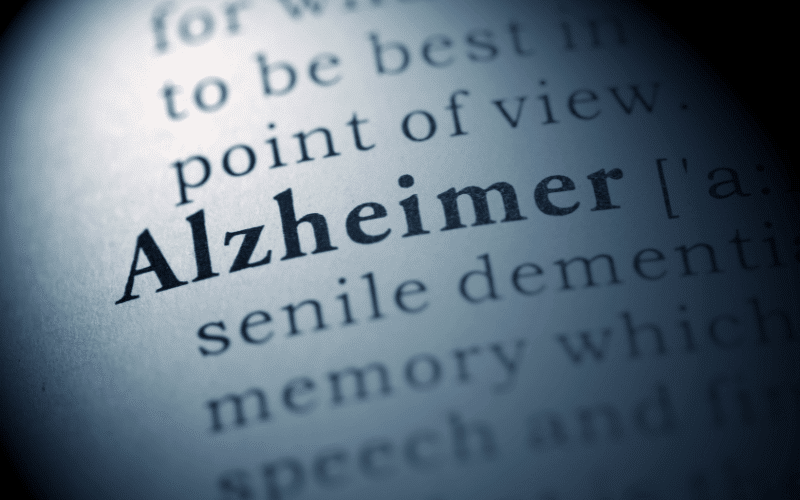FAQs about Alzheimer’s and Vascular Dementia (VaD)

1. Is Alzheimer’s disease hereditary?
While certain genes have been linked to an increased risk of Alzheimer’s, not everyone who carries these genes will develop the disease. It’s believed to be a complex interplay of genetic, environmental, and lifestyle factors.
2. Can Alzheimer’s and Vascular Dementia be cured?
Currently, there is no cure for Alzheimer’s or VaD. However, treatments can help manage symptoms and slow the progression of the disease.
3. What’s the difference between Alzheimer’s and Vascular Dementia?
While both conditions are characterized by cognitive decline, they differ in their cause, progression, and symptomatology. Alzheimer’s is often associated with memory loss, while VaD typically presents with difficulties in planning and organization.
4. Can Alzheimer’s or VaD be prevented?
While there’s no surefire way to prevent these diseases, lifestyle modifications such as a healthy diet, regular exercise, and management of cardiovascular risk factors can significantly lower the risk.
5. How is Alzheimer’s or VaD diagnosed?
Diagnosis involves a detailed clinical evaluation, including a review of symptoms, medical history, cognitive testing, and often, brain imaging.
Conclusion: Advancing Understanding and Navigating the Future
Alzheimer’s and Vascular Dementia (VaD) are certainly formidable adversaries, but they’re not invincible. By drawing on the wellspring of information that diligent research provides, we can equip ourselves to better understand these diseases, their implications, and the paths we can take to navigate their challenges. The power of early detection, the importance of a nuanced diagnosis, the role of genetics, and the potential for prevention through a holistic approach – these are all significant facets that shape our perspective and influence our action towards these conditions.
Facing the future, we can find reassurance in the relentless advancement of research and therapeutics. The promise of innovative treatments that target the hallmark traits of these diseases, the exploration of preventative measures, and the development of improved diagnostic tools, are all beacons of hope in our collective effort to combat Alzheimer’s and VaD. By continuing to deepen our understanding and expanding the scope of our interventions, we stride closer to a world where dementia no longer poses the significant challenge it does today. Ultimately, while Alzheimer’s and VaD present us with daunting mountains to climb, it’s through arduous ascents that we gain the most profound insights and the strongest resolve for the journey ahead.